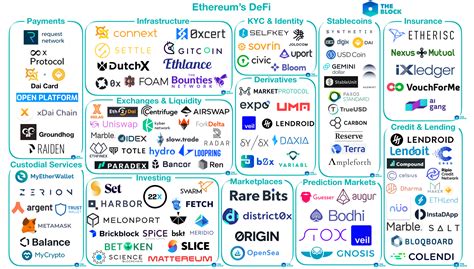Ethereum: Can a Wallet Allow You to Receive Bitcoins from the Same Wallet You Send Them From?
In recent times, many Bitcoin enthusiasts have been wondering about one of the most fundamental aspects of the cryptocurrency ecosystem: how wallets work. Specifically, can they allow you to receive Bitcoins directly from the same wallet that sent them? The answer is yes, but with some caveats and potential drawbacks.
What are Ethereum Wallets?
Before diving into this topic, let’s define what an Ethereum wallet is. An Ethereum wallet is a software application that stores, manages, and secures your digital assets, including Bitcoins. There are several types of wallets available, each with its own unique features and limitations. Some popular examples include:
- Electrum Wallet: A lightweight, open-source wallet for Windows, macOS, and Linux.
- MyEtherWallet (MEW): A secure wallet that allows users to store, send, and receive Bitcoins and other Ethereum-based tokens.
- Bitcoin Core: A full-node wallet that allows users to control their own Bitcoin network.
Can a Wallet Allow You to Receive Bitcoins from the Same Wallet?
Yes, it is technically possible for you to receive Bitcoins directly from the same wallet that sent them. This process is called “self-referential” or “double-connection.” Here’s how it works:
- Initial Transaction: The sender initiates a transaction on the Ethereum network, sending Bitcoins to a recipient.
- Self-Referential Transaction: The recipient’s wallet receives the initial transaction and stores it in their own wallet.
- Transaction Proposal: Meanwhile, the sender’s wallet creates a new transaction proposal with the same recipient address as the original transaction. This is called a “self-referential” or “double-transaction” proposal.
- Transaction Confirmation: The sender’s wallet confirms the self-referential transaction proposal and sends it to the Ethereum network.
Why Shouldn’t You Use Self-Referential Transactions?
While it may seem convenient, using self-referential transactions has several issues:
- Security Risks: If a malicious actor intercepts your wallet or exploits a security vulnerability in your wallet software, they can access sensitive information and potentially drain your funds.
- Conflicting Addresses

: Self-referential transactions create conflicting addresses in the wallet, making it difficult to manage multiple wallets with different balances.
- Scalability Issues: The increased transaction volume and complexity of self-referential transactions can lead to scalability issues on the Ethereum network.
Conclusion
While a wallet allows you to receive Bitcoins directly from the same wallet that sent them, using self-referential transactions should be approached with caution. It’s essential to understand the risks involved, including security vulnerabilities, conflicting addresses, and scalability issues. Instead, consider alternative methods, such as:
- Buying Bitcoins on an exchange: Using a reputable exchange like Coinbase or Binance to purchase Bitcoins.
- Using a third-party wallet: Storing your Bitcoins in a secure third-party wallet, such as Ledger Live or Trezor.
In conclusion, while self-referential transactions are possible, they come with significant security risks and should be used judiciously. By understanding the potential drawbacks, you can make informed decisions when it comes to managing your digital assets on the Ethereum network.